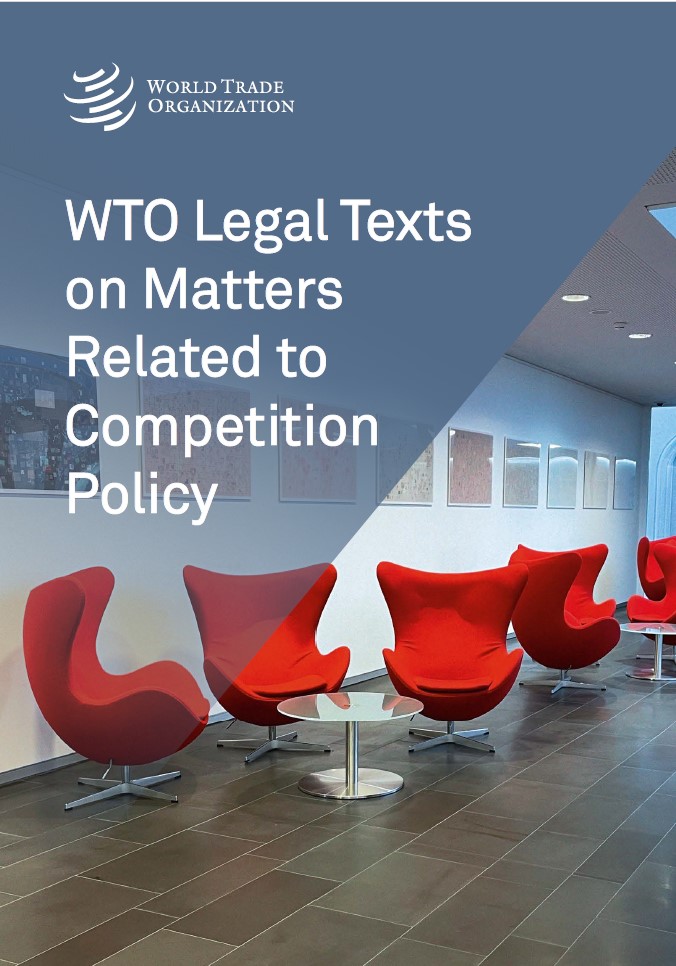COMPETITION POLICY: TECHNICAL ASSISTANCE
Technical assistance on trade and competition policy
Activities organized by the WTO Secretariat have included symposia for Geneva and capital-based delegates, regional workshops and intensive courses, and national workshops, sometimes undertaken in co-operation with other multilateral agencies. In addition Secretariat staff have participated in national and regional events on competition policy organized by WTO members and other intergovernmental organizations, including UNCTAD, the OECD and the World Bank.
Technical assistance since 2005
Reflecting the decisions taken in the 2004 “July Package”, since 2005 the WTO Secretariat has focused its technical assistance activities in this area on responding to national requests for technical assistance by WTO members and countries seeking to join the WTO. In addition, since 2016 the Secretariat has regularly organized a Seminar on Trade, Competition Policy and Development. The programme for this global activity explores the relationship between trade and competition with a particular focus on economic development.
Requests for technical assistance on trade and competition policy should be submitted to the WTO Secretariat through the Technical Assistance Management System (TAMS).
back to top
Technical assistance up to 2004
In line with the mandate adopted by Ministers in Doha (2001), up to 2004 the WTO Secretariat undertook a comprehensive annual programme of technical co-operation activities to assist developing and least-developed countries in participating effectively in the WTO's work in the area of trade and competition policy. During this period, the Secretariat organized two Global Symposia on Competition Policy (in 2002 and 2003), 14 regional and eight national technical assistance activities. The programmes of these events aimed at promoting awareness of the role and significance of the interaction between trade and competition policy at the domestic and international levels, enhancing participants' awareness of key concepts, principles and practices in this area, and exchanging information and sharing experiences on the implications of different bilateral, regional and multilateral disciplines.
Share
Problems viewing this page? If so, please contact [email protected] giving details of the operating system and web browser you are using.
